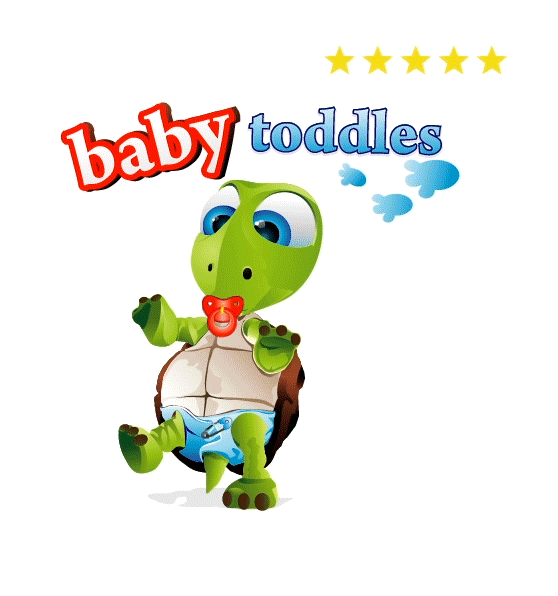Blog
Baby Friendly Care and Attention
Babies are mothers’ delight any day. But some will quip in that fathers’ delight in them too. They are the resultant effect of the male and female conjugal action. It does not matter whether the conjugation was clinically effected or natural. The attachment of parents to their offspring is natural and the filial extensions from the offspring to the parents are cultivated from the earliest days of the baby’s debut on the terrestrial stage. Caring for the baby will include feeding, clothing, changing diapers and upkeep.
Once delivered, food for the baby will come from the mother’s breast milk. This sparks an immediate bond between both parties and also helping the mother to become healthier. The weight of laden colostrum in the breasts of the mother eases as the child suckles on intermittently or alternatively by breast draining. The baby randomly wakes to be fed until satisfied.
The baby in his early days feeds sporadically and perhaps indeterminately.
It is naturally arising that as the baby feeds, digestion takes place and waste products are processed to be expelled as urine and fecal matter. The baby unlike the adult is not positioned to use the lavatory or toilet for convenience. Instead, babies have the option of using custom underwear, nappies or diapers for convenience. At early days, a baby can have his diaper changed for up to four or five times daily. This is necessary to keep the baby fresh and infection free.
The routine of feeding by the newborn is erratic and maybe uncertain. Following this, the digestive process ensures the elimination of other waste items through feces and also as urine. Not yet primed for toilet manners, the kid is dressed up with diapers underneath to retain all expelled waste matter.
This singular act helps tom keep the baby fresh and away from infectious bacteria.
Replacing the Diaper
Every parent should be alert to know when the kid has defecated or passed urine on the diaper so as to change the diaper immediately. What to do in the circumstance is to ;
1) Strip the baby of clothes.
2) Inner garments should be removed
3) Detach the diaper by the edges.
4)The baby genitalia region should be moisture-wiped.
5) Use another wipe again to wipe traces of the expelled waste.
6)do a thorough hand wash.
7) Wipe the hands free of moisture
8) Moisturize the baby and apply scented powder
9)Put fresh clothes on the baby.
Maternal tips include the storage of diapers beyond needed quantities at home. The baby’s usage on a monthly basis could be in the range of 120 or 4 diapers per day. Baby wipes also come into reckoning whenever changing of diaper is to be done. They require the same attention in stock levels. Where home stocking is impracticable, then a trusted delivery service should be used for impromptu ordering. This option is not always advisable to avoid getting stranded in case delivery fails or gets delayed.
As a result of sporadic diaper change, parents are counseled to check up the stock levels periodically so as to avoid running out of stock and exposing the kid to the worrisome danger of infection. When the baby is exposed for long durations to their own expelled waste, the resultant effect will be rash, skin and genitalia infections. All these can prove fatal to the health of the tiny tot. The mantras well known, is that it is better to stoke up prevention than prepare for a cure.
New parents get kitted with basic information on changing diapers for the infant as they prepare for childbirth and attend the pre-natal preparatory classes.
Doc. No: 1104-CB-ULT10-bbjjd
Colby Brister is a writer for My Baby Bedding Shop and is the loving parent of two. One boy and one girl. His children are all grown up now but he loves writing about children and giving tips on certain scenarios that parents are faced with along the way. Colby sure hopes that you have found this article helpful. Colby would like for you to check out his Glenna Jean Amelia his glenna jean crib bedding and his Glenna Jean Kirby.

